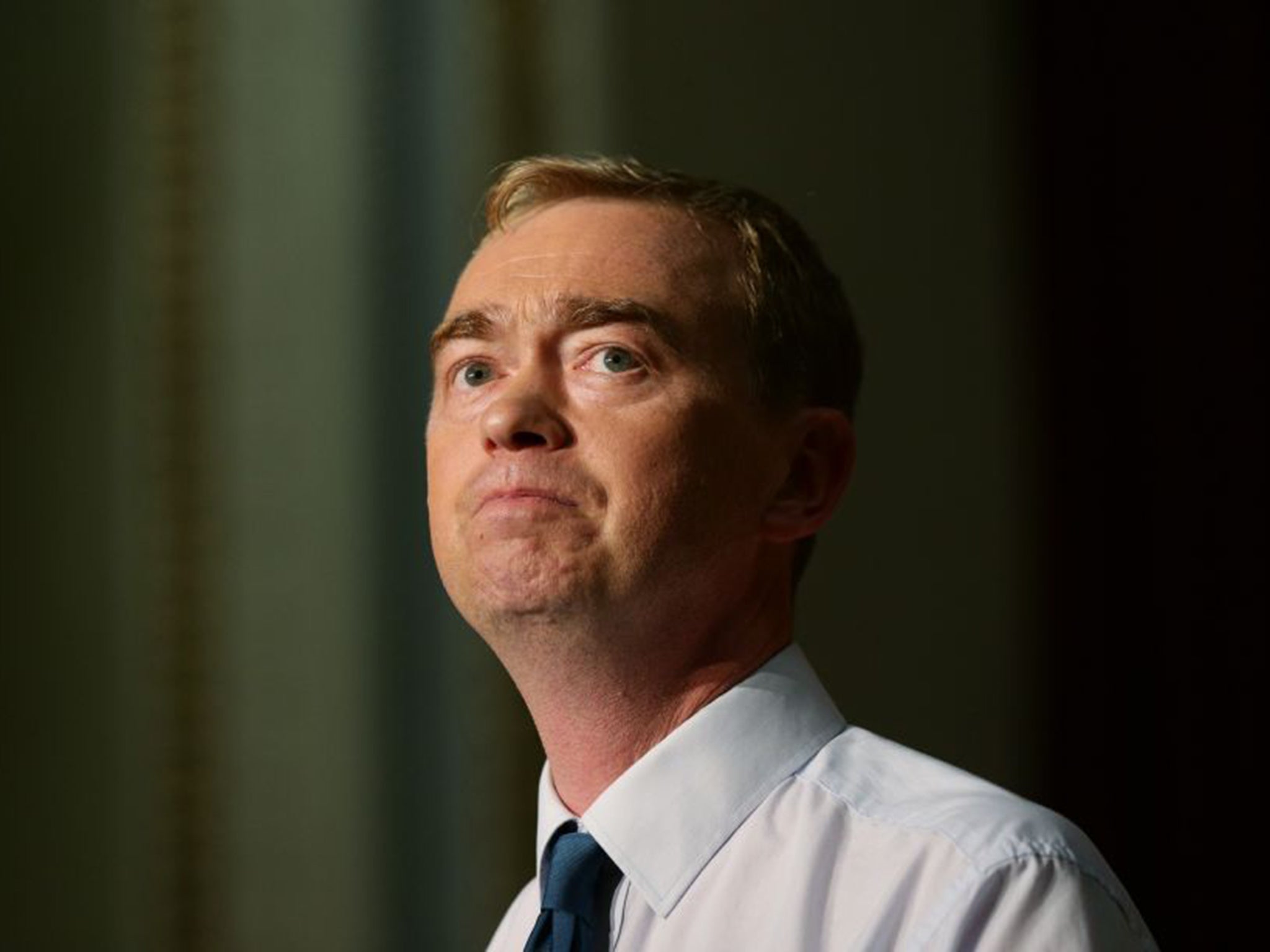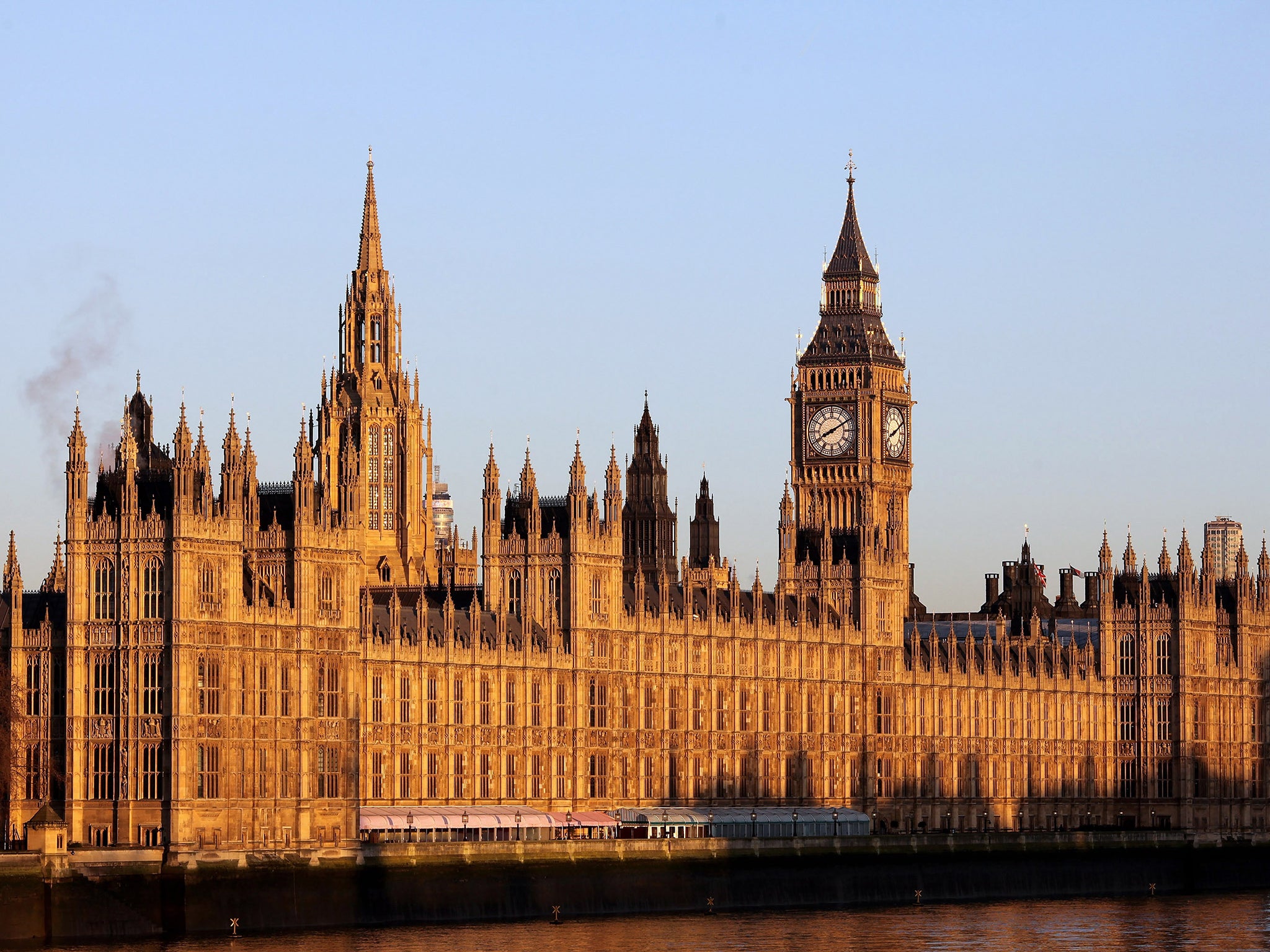Your support helps us to tell the story
From reproductive rights to climate change to Big Tech, The Independent is on the ground when the story is developing. Whether it's investigating the financials of Elon Musk's pro-Trump PAC or producing our latest documentary, 'The A Word', which shines a light on the American women fighting for reproductive rights, we know how important it is to parse out the facts from the messaging.
At such a critical moment in US history, we need reporters on the ground. Your donation allows us to keep sending journalists to speak to both sides of the story.
The Independent is trusted by Americans across the entire political spectrum. And unlike many other quality news outlets, we choose not to lock Americans out of our reporting and analysis with paywalls. We believe quality journalism should be available to everyone, paid for by those who can afford it.
Your support makes all the difference.The British security services are likely to have spied on many Members of Parliament, the leader of the Liberal Democrats has said.
Tim Farron, who has written to the Prime Minister demanding a list of the MPs who had been spied on, said the practice was likely not unusual.
“I think we are likely to see, if I get a decent answer to my letter to the Prime Minister, that many MPs have been pursued and been snooped upon over the years,” he told BBC Radio 4’s Today programme on Monday.
Governments since 1966 have told MPs that their communications cannot be spied on by the security services under the so-called Wilson Doctrine.
But an investigatory powers tribunal found this month that the rule actually had no legal standing.
The judgement was made after Green Party MP Caroline Lucas and peer Jenny Jones made a complaint to the tribunal.
They said that disclosures by whistle-blower Edward Snowden had established that GCHQ was monitoring their communications.

Mr Farron has asked the PM to clarify whether he knew that MPs could be spied on and whether the files resulting from such spying are available to current prime ministers.
An ex-special branch officer, Peter Francis, said in March that he had seen files on 10 Labour MPs, including now leader Jeremy Corbyn.
That alleged spying was said to have happened in the 1990s and was part of a wider infiltration of left-wing groups by the police.
The Wilson Doctrine was introduced by former prime minister Harold Wilson after a series of scandals involving the alleged bugging of MPs’ phones in the 1960s.
The doctrine does not provide full protection from spying – it can be suspended or reversed by prime ministers and only revealed after the fact.

Join our commenting forum
Join thought-provoking conversations, follow other Independent readers and see their replies
Comments